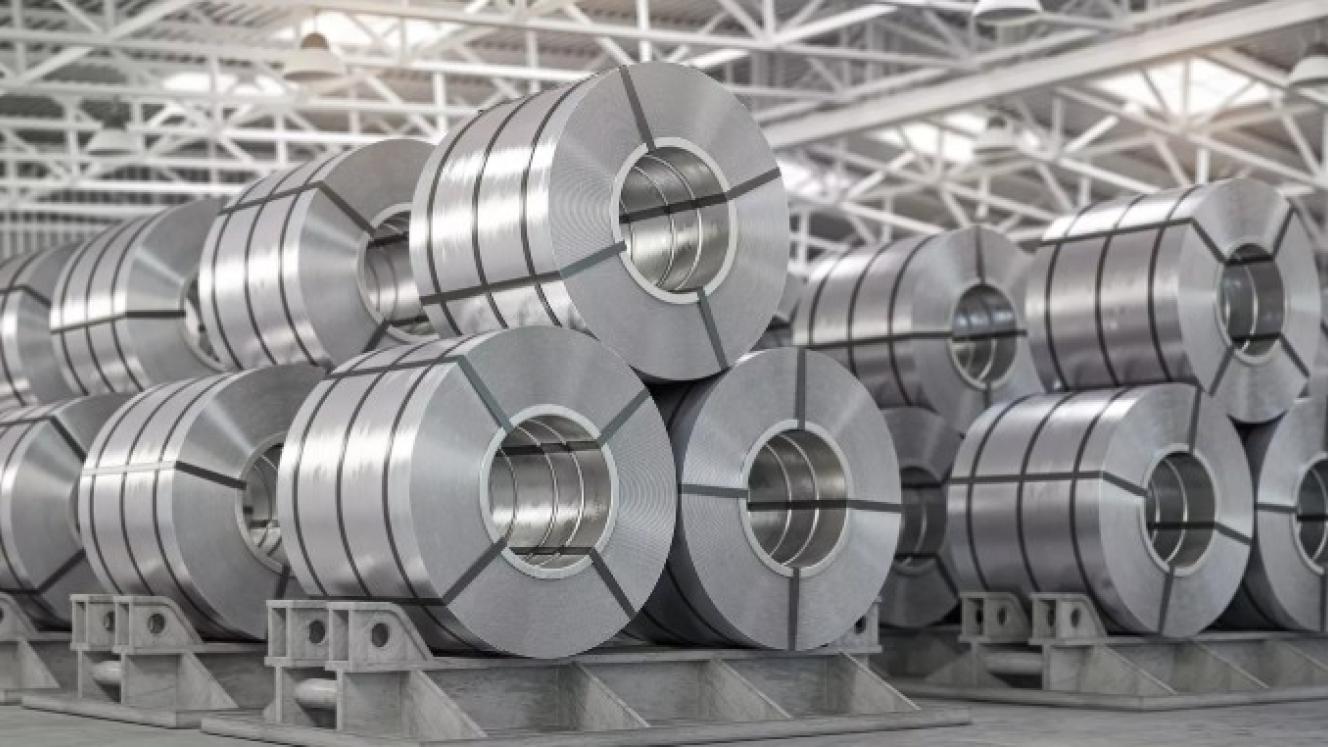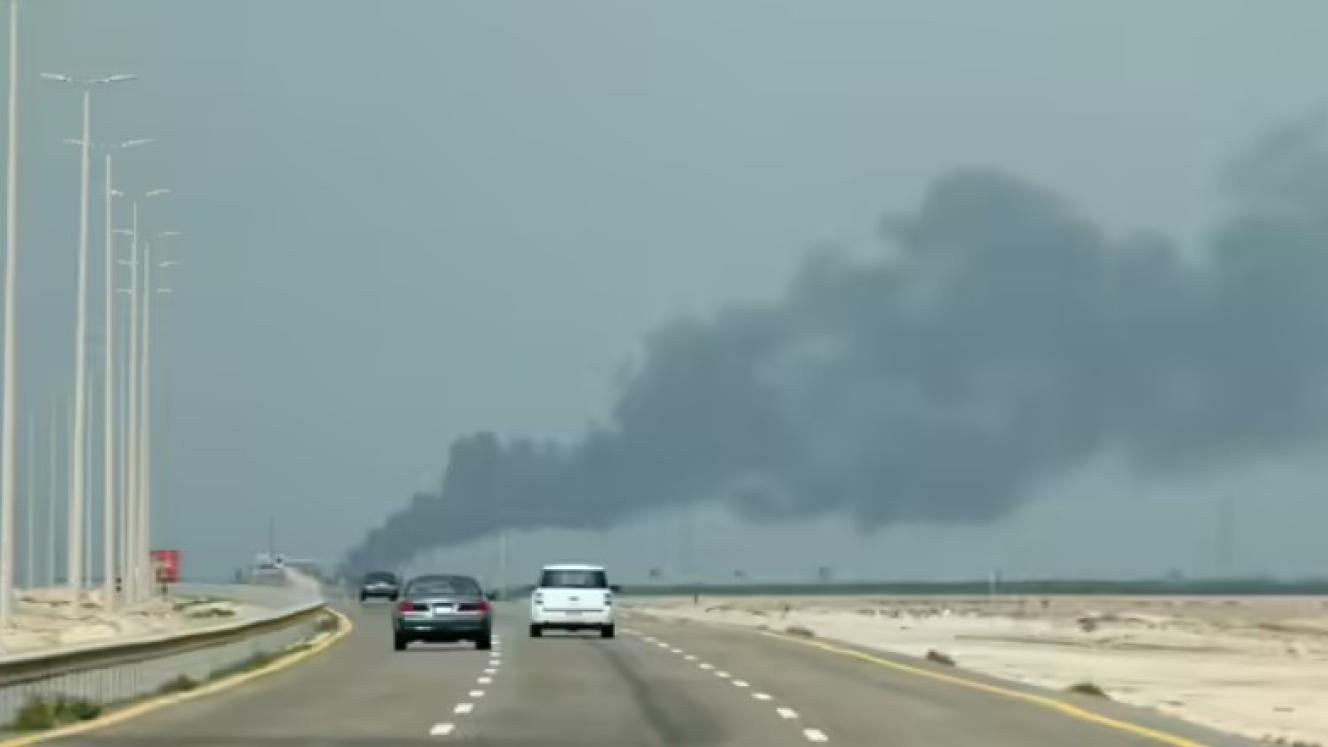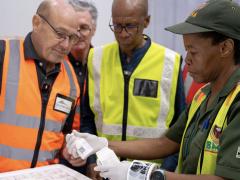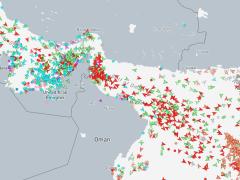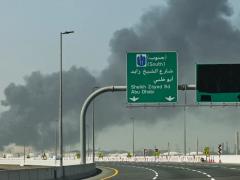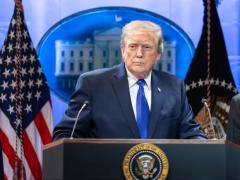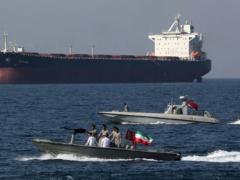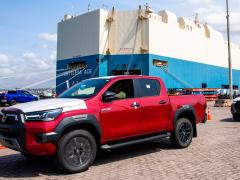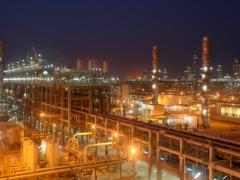Steel exports from South Africa have stagnated in the first four months of the year and recorded a reduction of R10 billion in anticipated revenue, economic advisor Dr Roelof Botha has said.
The consultant for the Optimum Investment Group told RSG radio that the local steel industry, currently battling to remain feasible because of domestic market issues, appeared to have braced for significant impacts in the run-up to April 2 tariff developments in the US.
He said the tariffs of between 10% and 25% that were announced by President Donald Trump at the time, meant to stimulate American steel production, were expected and had already damaged South African steel exports meant for the US.
This weekend’s announcement by Trump during a rally in Pennsylvania, the heartland of US steel production, would only weigh further on local steel production, said Botha.
Faced by tariffs that have been doubled to 50%, an increase in related overhead costs of per-unit production would only further drive inflationary pressure, he said.
Trump said the tariffs, effective from Wednesday, 4 June, would increase demand for national production and reduce dependency on China.
He also highlighted a $14 billion investment to support steel manufacturing through a partnership between US Steel and Japan's Nippon Steel, although details of this collaboration remain unclear.
The announcement has sparked concern internationally, with the European Union expressing strong regret and warning of potential countermeasures, as the tariff hike complicates ongoing trade negotiations.
Botha said although there was some comfort to be had in that South Africa was not importing much steel at the moment, it was holding on to a slim trade surplus in the sector.
He added that he could understand why the Trump Administration was pursuing its current course of action with China, as intellectual property theft in industry had resulted in losses of about R750 billion.
Botha said it was not known how China was subsidising its steel industry and that was most likely the reason for the US taking a hard stance against Chinese steel manufacturing, unfortunately also affecting trade partners such as South Africa.
Trump’s latest tariff hike applies broadly to all countries and no exemptions have been specified.
These tariffs are being implemented under Section 232 of the Trade Expansion Act, which allows the US to impose trade restrictions for national security reasons.
While a federal trade court last week ruled that Trump had exceeded his authority under the International Emergency Economic Powers Act (IEEPA) by imposing broad tariffs, the ruling does not affect tariffs implemented under Section 232.
The US Court of Appeals for the Federal Circuit has temporarily reinstated Trump’s contested tariffs, blocking a lower court’s decision on Wednesday which ruled that his measures exceeded presidential authority.
Developments on the US steel front come at a time when South Africa is grappling with significant challenges in its own sector, particularly at plants operated by ArcelorMittal South Africa (AMSA).
In January the company announced the cessation of its long steel production by April, citing factors such as weak domestic demand, competition from local scrap metal mini-mills and Chinese imports.
The closure of AMSA plants in Newcastle and Vereeniging works was expected to have a significant impact on the South African economy, potentially affecting up to 100 000 jobs across related industries, including 3 500 direct and indirect jobs.
In late March, the Industrial Development Corporation provided AMSA with a R1.683 billion (approximately $91.5 million) loan facility, enabling the company to defer the shutdown of its long steel operations until at least August 31, 2025.
